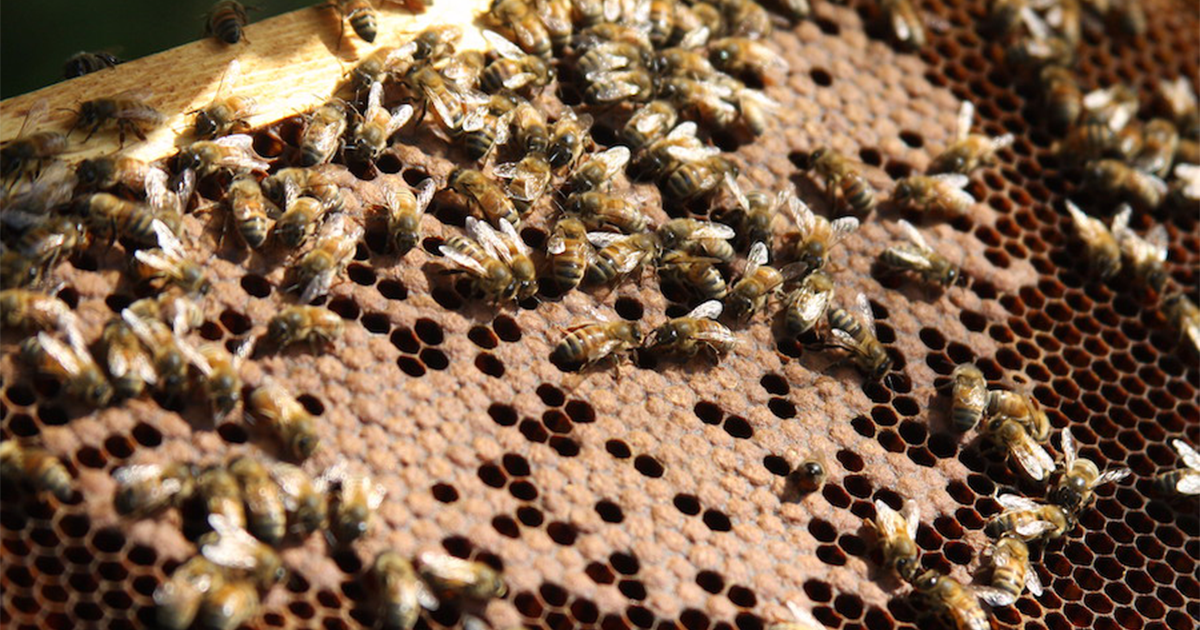Lyons, Ga
Over the past decade, there has been plenty of buzz surrounding the continual decline in honeybee numbers. While there are plenty of factors that contribute to the problem, there is one that might now have a solution, as the world’s first honeybee vaccine is now on the market.
“This vaccine is for American Foulbrood and American Foulbrood at this time doesn’t really have good management options,” says Amy Floyd, Regional Manager of Dalan Animal Health. “The only option for beekeepers is to burn their hives. So, although this isn’t a treatment for American Foulbrood, it is a preventative to help beekeepers hopefully have to deal with it less. So, the new vaccine is basically just dead bacteria mixed in an equius solution that is fed to the queen to vaccinate the entire hive.”
The vaccine is mixed into the food eaten by the worker bees, who then secrete their royal jelly, which is then ingested by the queen, immunizing the entire colony. It’s a quick, preventative measure that every beekeeper should look into even if their colonies aren’t yet showing signs.
“American Foulbrood tends to kind of come in waves,” says Floyd. “It’ll peak. It will get really bad in certain regions, certain areas, and then it will kind of dissipate and pop up here and there. It’s not the top thing that beekeepers worry about right now, but when you see it, you are really disappointed you are seeing it. So, it is nice that there will be another option for them for treating.”
This will also give beekeepers a little piece of mind heading into the always dangerous cold season, as it’s one less problem they will have to deal with.
“Beekeepers definitely see a lot of loss, hive loss over the winter every year still, specifically from varroa mites. So, anything that can help reduce the stress on hives and in any way can really help those hives be stronger going into winter so that they come out the other side,” says Floyd.
That’s not just good news for the bee industry, but agriculture as a whole, as these insects are responsible for pollinating fifteen billion dollars worth of food crops each and every year.
“Bees pollinate our food. A lot of crops and growers would not get the yield that they need in order for their business to be profitable, but also for the public to have enough food, because our population has grown so much. So, bees provide those pollination services that allow there to be enough food for everyone,” says Floyd.
With so many issues to deal within the industry, this is just the beginning for Dalan, as they are already hard at work developing more vaccines for more diseases.
“Dalan’s goal is to be able to create multiple vaccines for the beekeeping industry and other invertebrate species. This technology works similarly with invertebrate, through the invertebrate immune systems. So, there will be more products coming out soonish. They’re in the pipeline,” says Floyd.
By: Damon Jones

